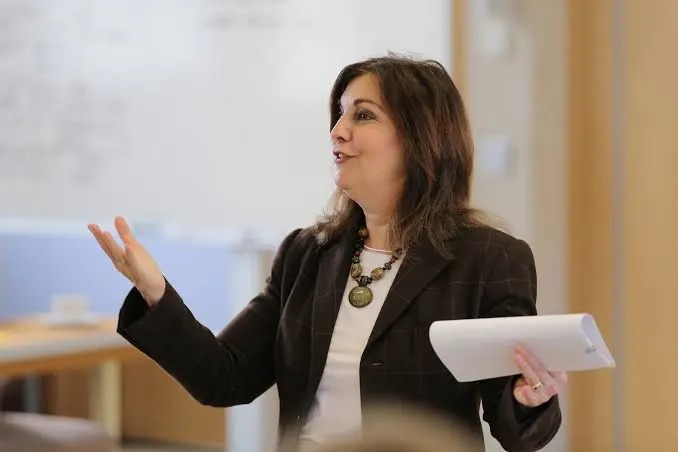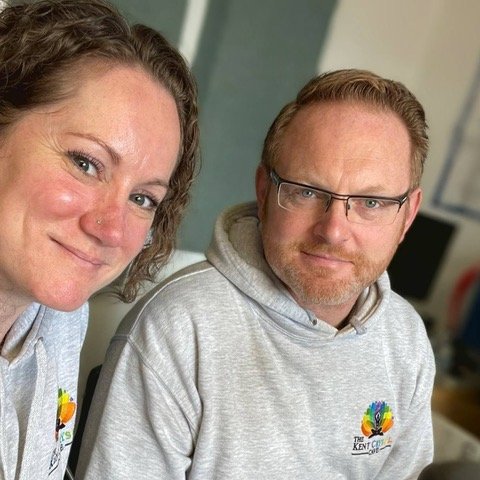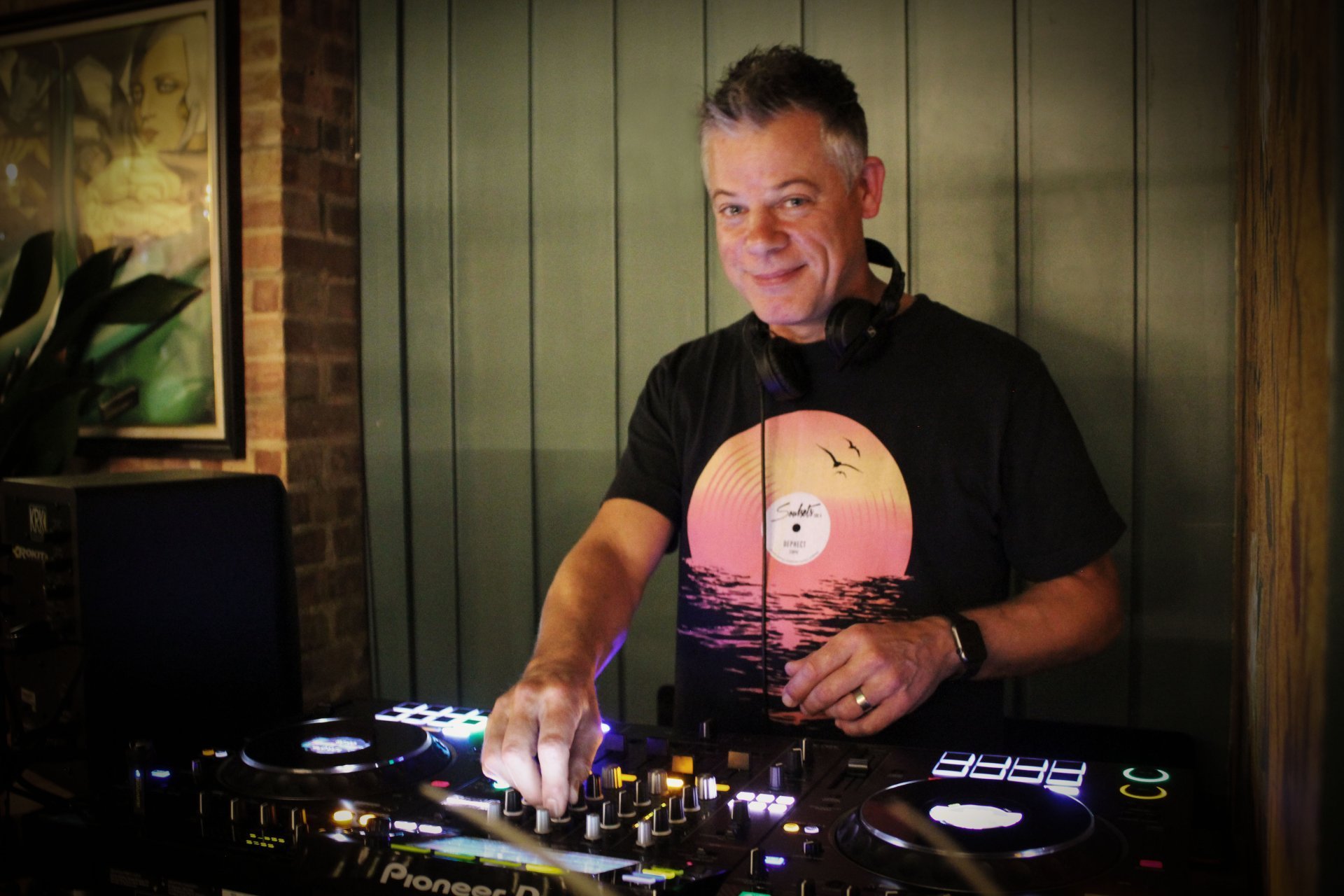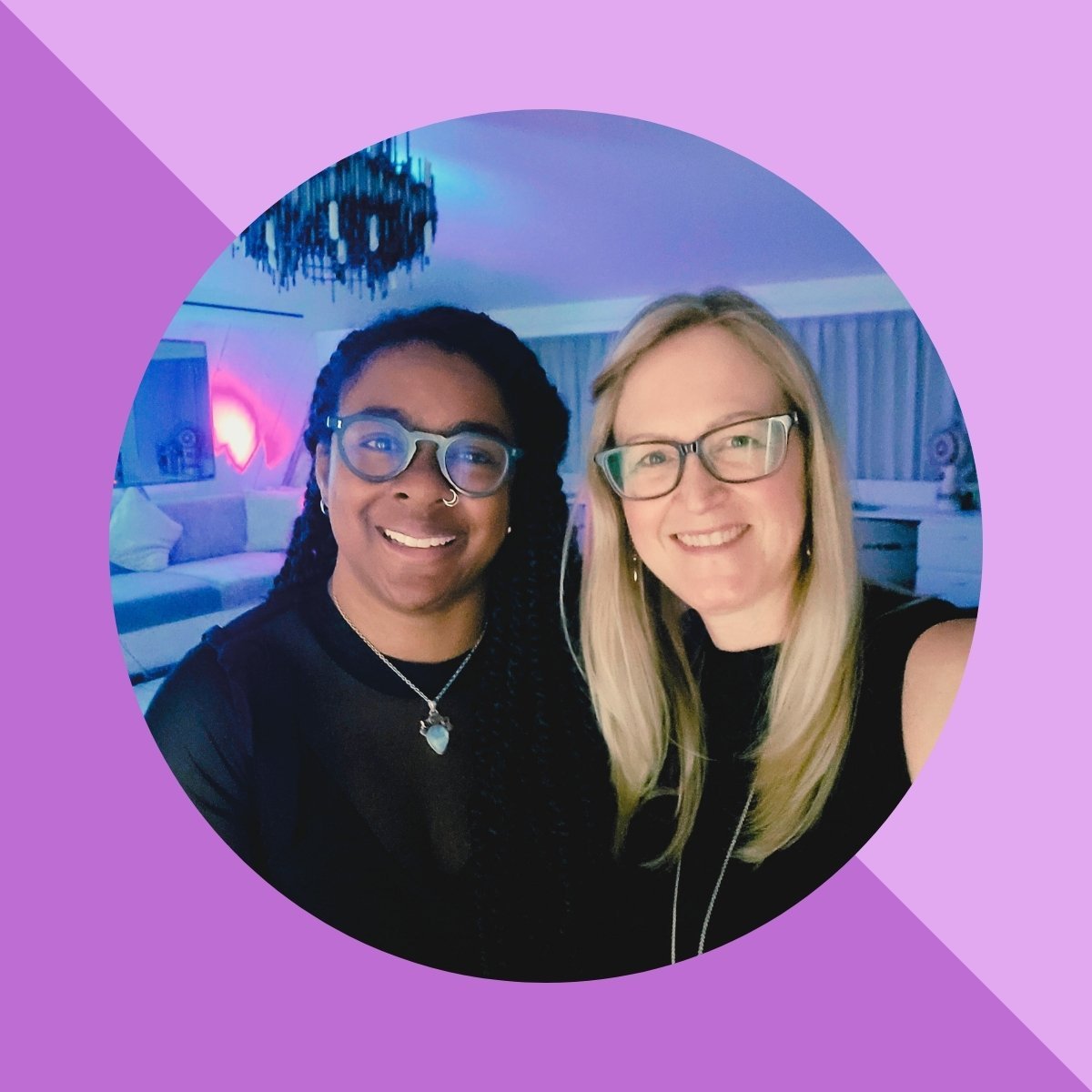I’m a native New Yorker and as I like to say to people you can take the girl out of New York, but you can’t take New York out of the girl. I had a lovely childhood and I’m the child born in the middle of two brothers. I went to school in New York, and I think my whole life, and how it relates to what I am doing now started when I was at Columbia University.
In the neighbourhood of the university were a lot of bookstores with character, and I’d find dusty old books and sit in bean bags and read. This was also a time when I got interested in meditation and Buddhism. What I read eventually led me to Tibet Buddhism, and this got me really interested in Tibet. I loved Tibet so much I even ended marrying a Tibetan.
I care very much about the Tibetan people, and I believe they are a group of people we really must help so they can flourish because most of them have had to leave their own country.
So, through my interest in Buddhism I got into a meditation practice and I started to feel that getting in touch with truly who we are can only really happen when we have a spiritual discipline. I was becoming more curious about meditation and Buddhism and other Eastern and Western spiritual traditions. I also came across something called A Course in Miracles which studies Christian esoteric teachings. And this has much to do with the undoing of the ego, and it tells us that the way to get to the essence of who we truly are is through forgiveness. This was where my interest in forgiveness began.
Life took me in different directions and then one day whilst meditating an image popped up and this was of a triangle and each of the three points had a word, one was psychology, the other spirituality and the other politics, and there was a United Nations flag in the centre.
I started wondering what this image meant. I understood why spirituality and psychology was there, they made sense, but politics didn’t. But I stayed with it as I felt something was trying to tell me something, and if I just keep listening to myself, I will find out. And then once I got my doctorate in psychology I came across the field political psychology.
I started to attend meetings on political psychology, and I was listening to lots of things, but I wasn’t hearing anything about forgiveness until I came across an organisation called Moral Re-Armament. They held conferences on reconciliation, and I went along to one and during that conference I heard a story about Irene Laure. She was a French woman who grew up during World War I and was very involved in the resistance movement during World War II, so she saw a great deal of atrocities that Nazi Germany committed.
Irene described all the horrors she went through because of the Germans. Then at the end of the war, she was invited to attend a conference in Caux, Switzerland where people from all over Europe were coming together to discuss how to create a united Europe. She agreed assuming there’d be no German’s present, only to discover there were over a hundred Germans were also in attendance. The conference focused on reconciliation where Irene grappled with her anger and hatred. At one point Irene was asked how she saw a united Europe. Irene spent three days in her room thinking about it questioning why she should hate German’s. Through this process she recognised that it was the hatred she was holding in her heart that created wars in the first place.
When Irene returned to the event she went to the dining room for lunch and found herself seated beside a German woman. There was a long silence before Irene spoke to the woman telling her all the reasons why she hated Germans. Then she said the reason why I am telling you this is because I want to be free from the hatred.
When the German woman spoke, she told Irene that her husband was one of the men responsible for the plot to kill Hitler. He was caught and eventually hung. Later they came for her, and her children were taken away placed in an orphanage. Then the German woman said to Irene, we did not resist enough, early enough, and on a scale large enough and for that we brought on to you, to ourselves and to the rest of the world a great deal of suffering and for that she said she wanted to say sorry.
Later that afternoon Irene addressed the attendees describing her experience over the past few days and her conversation she had over lunch. Because of her experiences she realized that her hatred was wrong and then in a surprising moment asked for forgiveness from all the German’s present. She told them that she wanted to forgive to be free and to move forward.
Irene experienced grace and the power of forgiveness which transformed her so that she reached a place within herself that led her to be instrumental in rebuilding bridges between France and Germany and empower German women.
In my book Finding Forgiveness I recount this story in much more detail because hearing this was so very profound to me, and this has motivated me to do what I have now been doing about forgiveness for many years.
I now find ways to teach the principles of forgiveness in ways that we can use them in our lives, to then be able to create social change. I see forgiveness from many different levels, and when I first start to work with people, I try to explain to them that if they can find the way to forgive their life will be better. I tell them that it’s not about letting someone off the hook but its more about them being at peace about whatever has happened. And these experiences have often been serious and carry a real pain, but if we can forgive we can let go of that pain. It’s not about forgetting what has happened, but it is about letting go of that part that really hurts.
But this is just one level and there are many other much deeper levels. Irene’s story is about going deeper. Irene had to struggle until she reached that moment of grace because she realised, she no longer wanted to hold on to all that anger and hatred. Through doing this she felt the release and she felt the miracle of it all. The German woman she had talked to, was no longer perceived as an enemy, but instead another human being. So profound was this experience for Irene that it changed her life.
Hearing Irene’s story left such an impression on me, that I also started to wonder what other stories of forgiveness were out there. I was also working to develop conflict resolution programmes, and I was getting interested in what is called Transitional Justice. Because of this I did start to discover other stories of how people can come together, and I started to think that people needed to hear these stories.
The more I heard these stories the more I was also appreciating the power of forgiveness, and this led me to writing Finding Forgiveness.
I had never perceived myself as a writer and I never imagined writing a book. The subject of forgiveness is my purpose in life, I realise that now, and I can’t put it down. My hope is that I can help plant the seeds that will build a culture of political forgiveness. And just like Irene learned how to forgive and create social change I want that too. At first I didn’t know how I was going to do it but over time I discovered ways and this even included presenting at the United Nations speaking about the power of forgiveness and the healing of nations, which comes back to that image I saw of the triangle with the points of spirituality, psychology and politics. I knew than that this was going to be something I would use to heal communities, societies and nations, and that I would be developing something through forgiveness.
I am now writing more about political forgiveness and the possibility of a healing process that begins first of all with the individual, each and everyone of us, and forgiveness truly does start with us.
Connect with Eileen here- Dr. Eileen Borris – Political Forgiveness Thought Leader
Subscribe to Political Forgiveness: Voices of Peace podcast on Apple, Spotify, YouTube, or wherever you get your podcasts.
Subscribe to Political Forgiveness newsletter at drborris.com or on LinkedIn.





